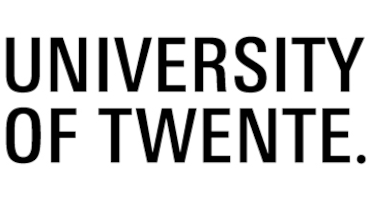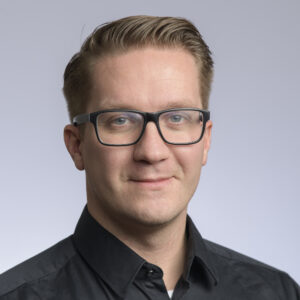UT
UNIVERSITEIT TWENTE
UNIVERSITEIT TWENTE, DRIENERLOLAAN 5, 7522 NB ENSCHEDE, THE NETHERLANDS

The University of Twente is represented in the WE-ACT project by the Multidisciplinary Water Management group. UT-MWM seeks to understand the natural and socio-economic processes that affect water resources and develop solutions for water scarcity, flooding and pollution. Particularly, we study the dynamics of supply and demand of water resources in interaction with climate, land use, the energy transition and agricultural management as well as production, trade and consumption. Our method of choice is water footprinting assessment.
UT-MWM will estimate water demand and water footprints of the different users and activities within the project basin. We will also study innovative ways to represent the multiple, at times conflicting values of water. Both exercises aim to inform allocation scenarios and decisions.

What is so special about the WE-ACT project is that it covers the entire knowledge chain, from academic pioneering work on the value of water through deployment of state-of-the-art technologies to meaningful decision-making in a local context with stakeholders. I'm excited to work with our team to make the project a big success.


I am excited to work on the WE-ACT project to build knowledge on the value of water with local stakeholders and apply it to allocation and decision making in the Syr Darya basin with the context of climate change.


I hope that our efforts will result in leaving a smaller water footprint behind that can contribute to sustainable water management. I'm grateful to be part of this impactful initiative.

